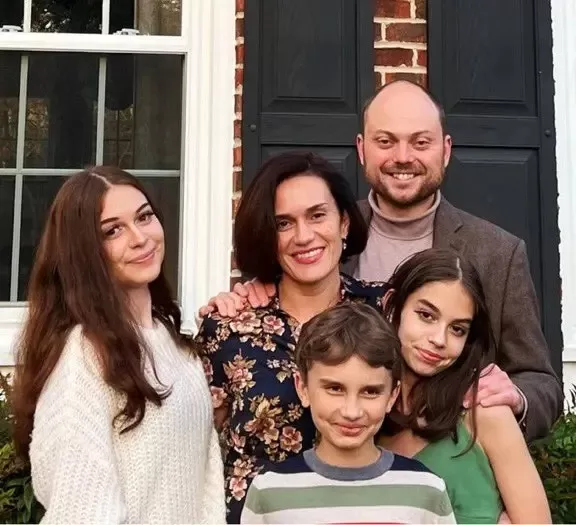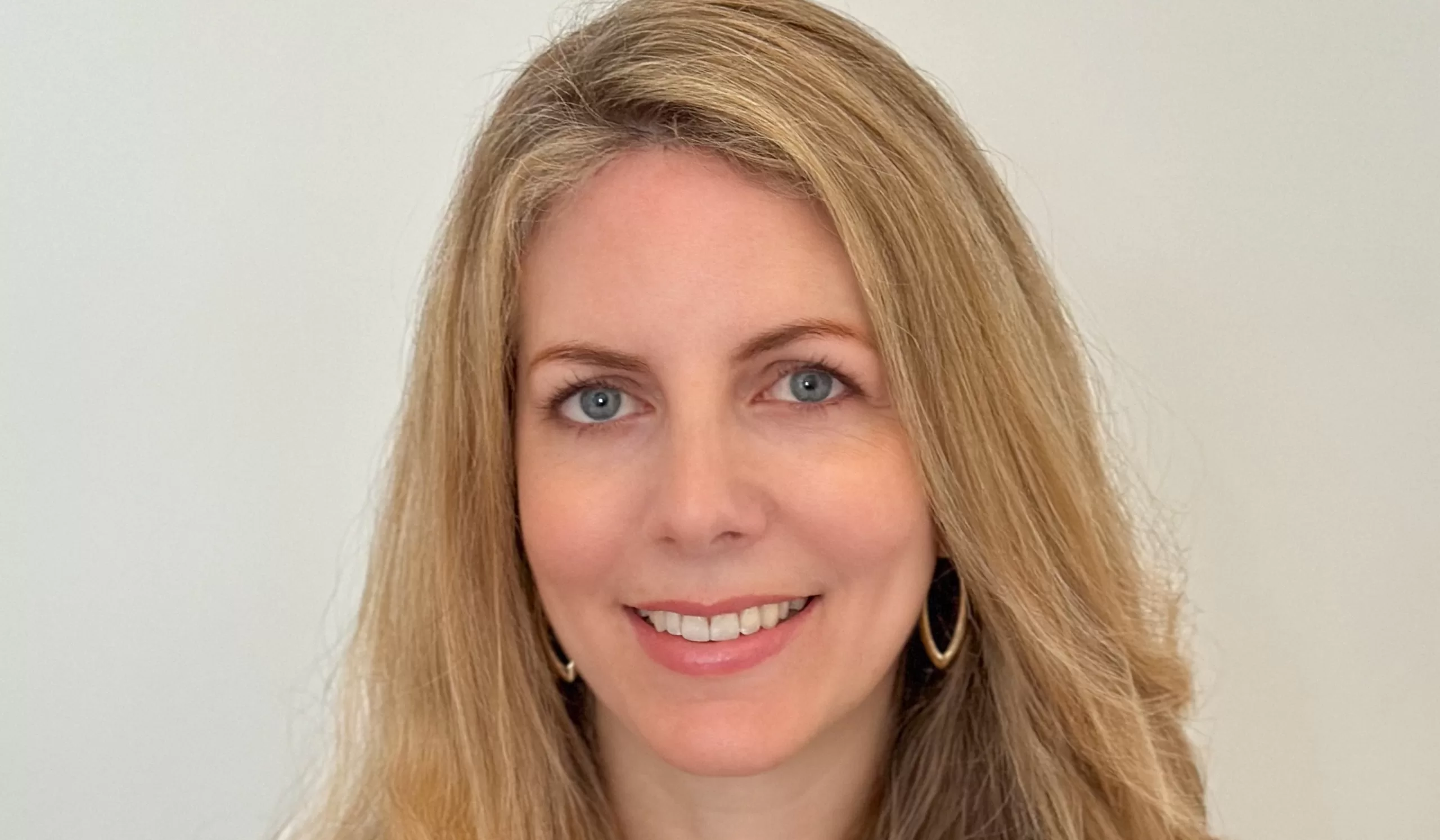
Following Rwanda’s election-related crackdown on the independent media, the UK is finally starting to wise up, says Lars Waldorf
President Paul Kagame won 93 per cent of the vote in last Monday’s Rwandan election (down 2 per cent from 2003) and will add another seven-year term to the 15 years he has already ruled the country.
That result comes as no surprise. The other contestants were not serious candidates and their parties owe their parliamentary seats to Kagame’s ruling party, the Rwandan Patriotic Front. The RPF-controlled government prevented three opposition parties from competing and arrested two presidential aspirants on a range of charges including “genocide ideology” – a vague, catch-all crime frequently used to prosecute any criticism of the RPF.
The elections also took place against a backdrop of fear and intimidation in the wake of two shadowy assassinations in Rwanda (the decapitation of an opposition politician and the shooting of a journalist) and the attempted assassination of General Kayumba Nyamwasa in South Africa, where he had recently gone into exile.
The biggest loser in these elections was Rwanda’s independent media, which was already struggling to survive. In February, a Rwandan court sentenced three Umuseso editors and journalists to prison for defamation. In April, the Media High Council ordered the six-month closure of two popular independent newspapers, Umuseso and Umuvugizi, under the restrictive press law of 2009, stating that “they continuously reflected false and inciting reporting aimed at creating a sense of fear amongst the Rwandan people” and that they published material “intended to undermine the reputation of the Head of State [i.e. Kagame].”
A week later, the editor of Umuvugizi fled Rwanda after receiving threats. He was followed a month later by the editor of Umuseso. Umuvugizi journalist Jean-Leonard Rugambage was gunned down outside his house in June after his newspaper published a story linking senior government officials to General Nyamwasa’s attempted assassination. In July, the editor and two journalists with Umurabyo were arrested (two are still in detention). The same month, police seized copies of The Newsline (published by Umuseso journalists in exile).
Independent journalists have been killed, arrested, intimidated, driven into exile, and fined before, but rarely in such numbers over such a short period. The government justifies this wholesale assault (like previous restrictions) on the need to prevent recurrence of the 1994 genocide, in which three-quarters of the Tutsi minority was exterminated. Indeed, the government constantly invokes the spectre of genocide and the role played by the “hate media” in inciting genocide. In an aggressive speech at the April 2010 genocide commemoration, Kagame attacked Rwandan journalists for complaining about restrictions on their freedom of expression: “What freedoms are you teaching me? If you can’t take full responsibility for what you did … in the politics that killed 1 million people.” In reality, though, many of the editors and journalists from Umuseso and Umuvigizi are Tutsi who returned to Rwanda after the genocide and subsequently became disillusioned with the RPF.
The government also selectively charges independent journalists with being “unprofessional” — even though pro-government journalists sometimes publish equally sensationalistic stories. Donors and non-governmental organisations have little to show for well-intentioned efforts at media training and capacity-building as each new cohort of journalists wind up either co-opted or exiled.
After the 2003 elections, some diplomats and donors told me that Kagame’s landslide win would give him and his party the confidence to introduce political pluralism and media freedom. That was another foolish exercise in hope over (decades of) experience with Africa’s big men. Since 2003, the UK – Rwandan’s largest bi-lateral donor — has pumped some £250 million into the country, two-thirds of it in the form of direct budgetary support. The UK has also given £5 million over the past four years to promote good governance in several government institutions. One recipient of that largesse is the National Election Commission, which has yet to run a free and fair election. Another is the Media High Council, which suspended Umuseso and Umuvigizi and publicly supported last year’s two-month suspension of the BBC’s Kinyarwanda service for “unacceptable speech” about the genocide.
Despite all of the UK’s investment in Rwanda, there is even less political pluralism and independent media today than there was in 2003. Presumably, this is not what Andrew Mitchell, the new Secretary of State for the UK’s Department for International Development, has in mind when he promises the increasingly cash-strapped British taxpayer they can expect “value for money” with overseas aid.
At least, it was made clear in a House of Commons debate in July that DFID would not renew its funding for the Media High Council.
Still, Mitchell recently told The Daily Telegraph’s Mike Pflanz that the Rwandan government is “entitled to be cut quite a lot of slack.” Any more slack and there won’t be any independent journalists left in Rwanda.
Lars Waldorf is Senior Lecturer at the Centre for Applied Human Rights (University of York) and co-editor of the forthcoming book, Remaking Rwanda: State Building and Human Rights after Mass Violence





